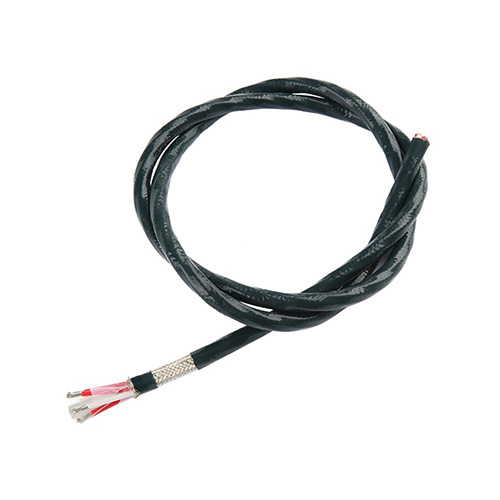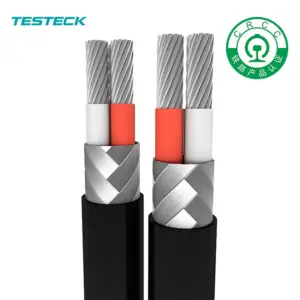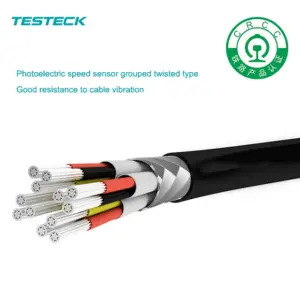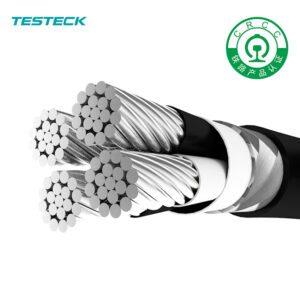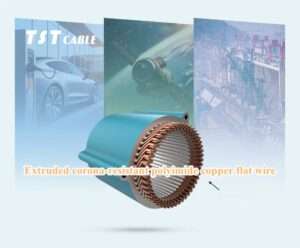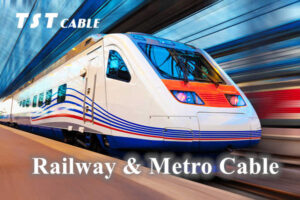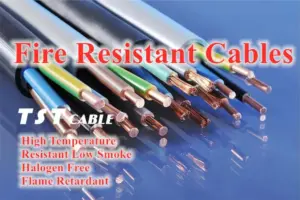
Composite sensor cable
Composite sensor cables are made of flexible materials that provide excellent tensile strength and torsional strength. They are resistant to oil, abrasion, fatigue, and acid/alkali, allowing them to maintain good performance in complex working environments. This ensures the reliability and stability of the connections, effectively preventing signal interruptions and transmission issues. Sensor cables play a crucial role in maintaining uninterrupted and accurate transmission of sensor data in rail vehicle applications.
GET A QUOTE
Application:
Sensor cables for rail vehicles are primarily used for speed sensor signal and data transmission.
Characteristic:
- Temperature resistance: -40°C to 125°C
- Voltage rating: 300V (Test voltage: 3500V/5min)
- Fire resistance: Complies with EN45545-2 R15/R16 HL3
- Insulation strength: >12Mpa
- Sheath strength: >10Mpa
- Cable bending radius: 6 times the outer diameter (6D)
- Color: Black
- Tinned copper
- Oxidation resistance
- High conductivity
Industry Standard:
- EN45545-2
Structure:
- Conductor: Silver-plated copper conductor, either 5-class or 6-class structure.
- Insulation: Halogen-free copolymer.
- Shielding: Tin-plated copper braid.
- Jacket/Sheath: Halogen-free copolymer.
Selection parameter
| Number of cores * nominal cross section/mm2 | Insulation thickness/mm | Insulation outer diameter/mm | Sheath thickness/mm | Average weight KG/Km | ||
|---|---|---|---|---|---|---|
| 1.4±0.1 | 0.5 | 4.4±0.2mm | 35.1 | 346 | ||
| 4X0.5 | 0.25±0.05 | 1.4±0.1 | 0.6 | 5.0±0.2mm | 51.6 | 446 |
| 5X0.5 | 0.25±0.05 | 1.4±0.1 | 0.5 | 5.2±0.2mm | 57.8 | 512 |
| 6X0.5 | 0.25±0.05 | 1.4±0.1 | 0.6 | 6.2±0.2mm | 71.3 | 593 |
| 8X0.5 | 0.25±0.05 | 1.4±0.1 | 0.5 | 6.1±0.2mm | 80.6 | 768 |
| 2*4*0.2 | 0.25/0.2 | 1.4±0.1/1.3 ±0.1 |
1.2 | 9.0±0.2mm | 97.8 | 1093 |
WHY CHOOSE TST
19 quality tests before cable shipment
R&D personnel account for 42% of the company’s headcount
Support all kinds of customization, free sampling
10,000 ㎡ factory, annual production capacity of 2,000,000 meters


